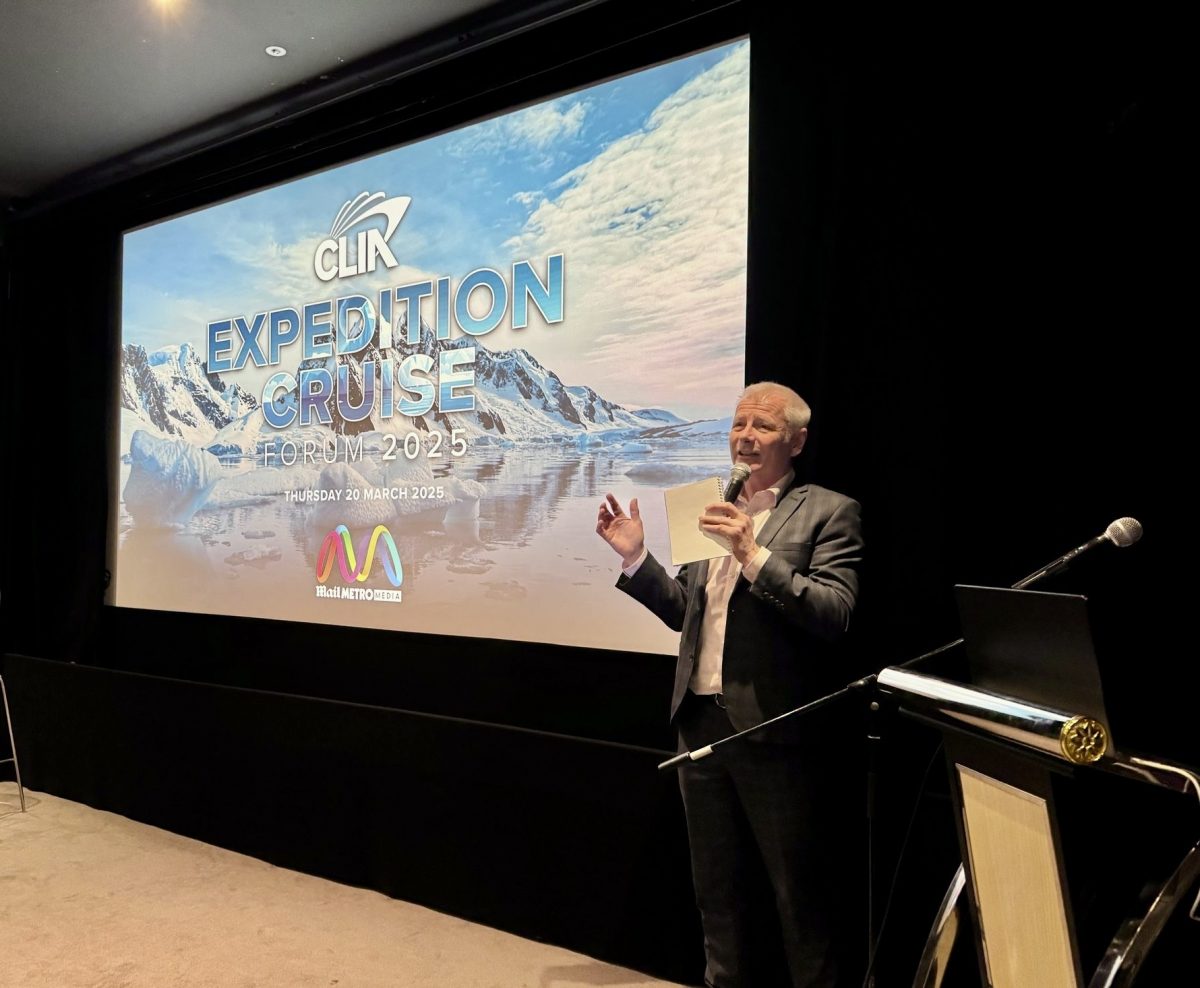ABTECH conference wrap-up: Live Long and Prosper

Written by Graham Barnes.
At the recent ABTECH 2002 Conference, ‘Live Long & Prosper’ (May 23), partnership seemed to be the dominant theme. In his keynote address, Datalex’s Neil Wilson talked of the traditional confidence of systems suppliers, sometimes bordering on arrogance, that they alone always have all the answers.
In Wilson’s view, this attitude belongs in the past, and in future rather more balanced dialogues are likely between successful suppliers and their customers.
Subsequent presentations and Q&As returned to this theme a number of times. The factors that seem to be driving the attitude change are:
i) the increasing reach of IT applications in the travel sector, which makes it more and more unlikely that any one supplier will have all the answers.
ii) the complexity of integrating solutions for a client, which often necessitates intense business-related conversations.
iii) the increasing confidence of successful travel companies that they can ask for what they need rather than being given what their suppliers think they need.
Easy to say, difficult to do?
Partnerships, as one delegate pointed out, need to be managed. The partners need to have a clear view of their respective roles. There were certainly dissenting views in the audience – suppliers who felt that their continued movement up and down the value chain would be enough to ensure their customers needed no one else. But they were in the minority.
The consultant’s role
If Wilson is right, then the future looks bright for industry consultants such as Genesys’ Paul Richer and Management Solutions UK’s Colin Brain, both of whom were guests of Datalex at the conference. As the choice, configuration and integration of systems becomes more complex, the potential value added by consultants also grows.
Getting it right
As a number of the presentations made clear, if the multi supplier zone can be successfully negotiated, the benefits are there. All of the presenters represented companies who were well established before the net came along, and most could now attribute between 15% and 20% of their sales revenue to online business.
Conversion rates
For those using the net to primarily generate sales leads, experiences with conversion rates were mixed. It seems that leads coming in by email can lead to low conversion rates, and that needing to make a subsequent telephone call is perhaps a ‘test of seriousness’, because conversion rates for telephone fulfillment seemed higher.
Interestingly, for established volume call centres, the net seems to generate better quality leads than printed publications. And not only are those leads more readily converted, they are typically of greater sales value.
If we add to the picture the research presented by Page & Moy’s Neil Hardy, that online travel spend *per customer* is likely to increase, then the potential is very clear.
Evolution or revolution?
Page & Moy’s approach has been to use the net to augment their existing business, rather than to reinvent themselves. By means of a number of innovative affiliation agreements, they have created ‘multiplier’ sites that generate significant numbers of sales leads for their call centres. Of course, they had the advantage of scope before the net arrived, with access to many more holidays than their competitors, but they are using the Internet to cement this advantage. By achieving volume they manage to both offer price competitive holidays to their customers and retain margins for themselves.
Customer Value Management
John Paul Sanders from Thomas Cook explained to the conference that TC are continuing to develop innovative ways of selling and marketing travel, with two key underlying assumptions. First that they must do business when where and how the customer wants; secondly that different distribution approaches are needed for different products.
Graham Barnes (pictured), ABTECH, the conference co-chairman suggested that this first statement had become something of a ‘mantra’ in the industry and was not really much use in the prioritisation and allocation of resources.
Cooks answer to this lies in increasingly sophisticated measurement of the lifetime value of their clents. They plan to be wherever their ‘high lifetime value’ clients expect them to be.
Like partnerships, though, CVM may be easy to say but hard to do. The infrequency of travel purchase makes it hard to unilaterally build up a sufficiently detailed profile to measure CVM, and the possibility that outside data sources will be needed (more partnerships?) is not ruled out.
Efficiency or effectiveness?
The Page & Moy advantages may not come so easily to smaller businesses. Without the volume, the P& M model is difficult to replicate.
Consideration of this issue pointed up one of the interesting contrasts of the conference – the comparative scalability and diversity of solutions in business and leisure travel.
On the leisure side, the conference heard from Wexas’ Simon Beeching, whose ‘community’ model predates (and arguable presages) some of the online communities being engineered; and from Barrhead Travel who are to some extent stealing the operators clothes.
Both Seaforths’ Gary Hance and Atlas Travel’s Stephen McKenna thought that the solutions their companies had developed for corporate users could be used effectively by smaller agents with lower value corporate accounts. If this is so, it means that the mixed business/leisure agency model may have a few years life left yet.
With agents generally being asked to do more for less, efficiency is clearly an issue – carrying out a transaction more quickly and more accurately will help profitability. But one key issue proved difficult to address. That of effectiveness – are travel companies doing the right things?
Neither in business nor leisure travel was it clear exactly how agencies, in particular, could differentiate themselves in the long term.
If the volume-oriented solutions of Page & Moy are not accessible to everyone, then how will agencies carve out a sustainable online business for themselves? Will they, as Barrhead Travel’s Paul Gardner outlined, create multiple mini sites for themselves as gateways and lead generators edging into the tour operators’ domain? Will they mobilise the best of breed flight booking engines and share revenue with the suppliers of these engines? Or will they build their own ‘shared-interest’ communities like Wexas?
At present, go ahead independents are trying all of these approaches, and generating short term gains. But in the long run if many more independents do the same things, how will they be different from the herd? By the time others are where they are, where will Barrhead have moved on to?
Maybe the answer is a fudge. There is no long term. There is only transitional added value; and change is a way of life.
Luckily delegates had only a few seconds to ruminate over these final questions before arriving at Datalex’s end of conference reception. And just as no one supplier can seemingly provide all of the answers, neither can any one event, even an ABTECH conference.
 United Kingdom
United Kingdom United States
United States Asia Pacific
Asia Pacific











































Qatar Airways adding Manchester flights
EU entry-exit system delayed again
ATC strike in Greece could disrupt flights this week
Jet2 unveils Samos as new Greek destination for summer 2026
Icelandair launches inaugural flight to Nashville